European nations would struggle to deploy even 25,000 troops to Ukraine as part of a proposed multinational “deterrence” force, far short of the 64,000-strong target suggested by U.K. defense officials, the Times reported on April 30 citing undisclosed European defense sources.
The proposal, part of planning for a "coalition of the willing," is now being re-evaluated amid concerns over capacity, risk, and ultimate peace settlement between Ukraine and Russia.
The coalition, led by British Prime Minister Keir Starmer and French President Emmanuel Macron, aims to create a multilateral force to help secure Ukraine in the event of a peace agreement, support military rebuilding, and create long-term deterrence against Russia.
Discussions have included securing strategic sites by land, air, and sea. Over 30 countries have expressed interest in participating, with at least six reportedly ready to contribute troops.
British Chief of Defense Staff Tony Radakin had reportedly asked European countries whether a force of 64,000 troops could be organized, with the U.K. offering to contribute up to 10,000 personnel.
France indicated it might match that number. But according to the Times' sources briefed on the April 10 coalition meeting and follow-up discussions in Brussels, multiple defense ministers privately admitted the bloc would struggle to provide even 25,000 troops in total, citing manpower and funding shortages.
“No chance,” one official told the Times, describing the 64,000 target as unfeasible without large-scale U.S. involvement.
Concerns about troop rotations, logistics, and the potential vulnerability of border defenses were raised by Estonia and Finland. Lithuania’s Defense Minister Dovile Sakaliene reportedly criticized the bloc’s limited commitment, warning, “If we can’t even raise 64,000, that doesn’t look weak — it is weak.”
Poland, Italy and Spain have already ruled out troop deployments, while Finland and Germany are generally opposed, according to the Times.
Previously, the Times reported that the U.K and France forces scaled back their plans. The original framework, which included protecting Ukrainian cities, ports, and nuclear power plants, is being reconsidered in favor of a more limited and strategic presence. Instead of placing troops near the front lines, the U.K. and France now aim to send military trainers to western Ukraine.
On April 25, the Telegraph reported that the U.S. is open to supporting the coalition through intelligence and logistics, though it has not pledged troops. Starmer has pressed for stronger U.S. commitments, warning that without them, the coalition’s deterrent value may not hold.
Trump claims 5,000 Russian, Ukrainian soldiers killed each week. Here’s what the numbers say
After the deadliest attack on Kyiv since last summer killed 13 civilians, U.S. President Donald Trump appeared to lose patience with Russia, posting on social media, “Vladimir, Stop! 5,000 soldiers a week are dying. Let’s get the peace deal done!” Trump repeated a number he’s cited

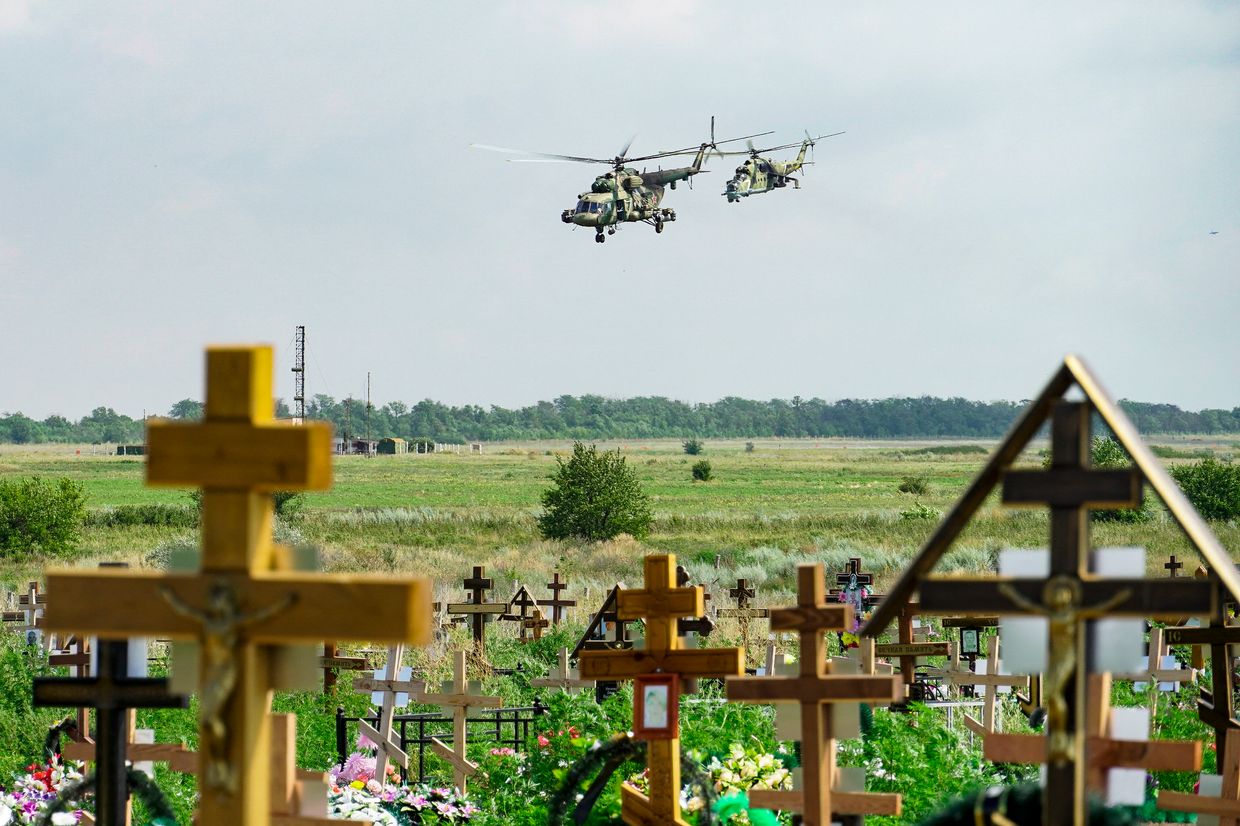
.png)
 German (DE)
German (DE)  English (US)
English (US)  Spanish (ES)
Spanish (ES)  French (FR)
French (FR)  Hindi (IN)
Hindi (IN)  Italian (IT)
Italian (IT)  Russian (RU)
Russian (RU)  4 hours ago
2
4 hours ago
2
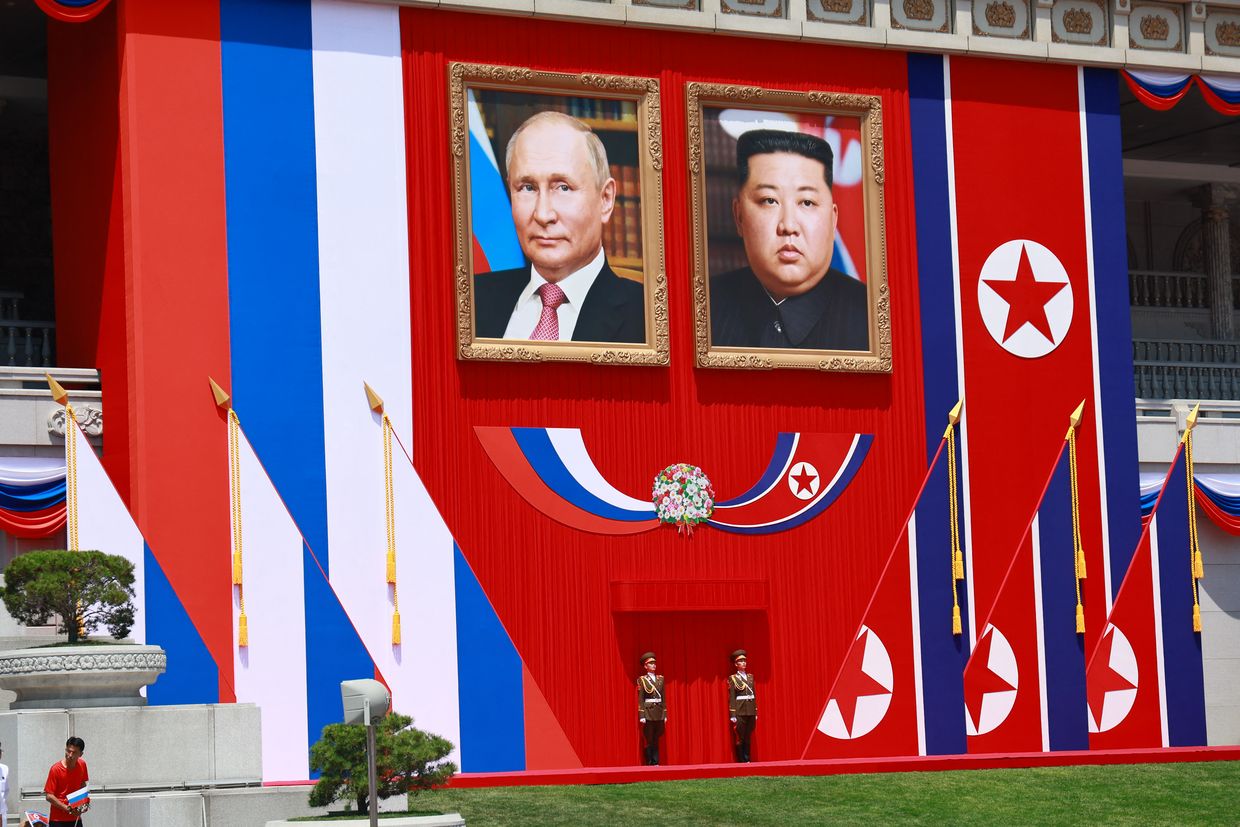
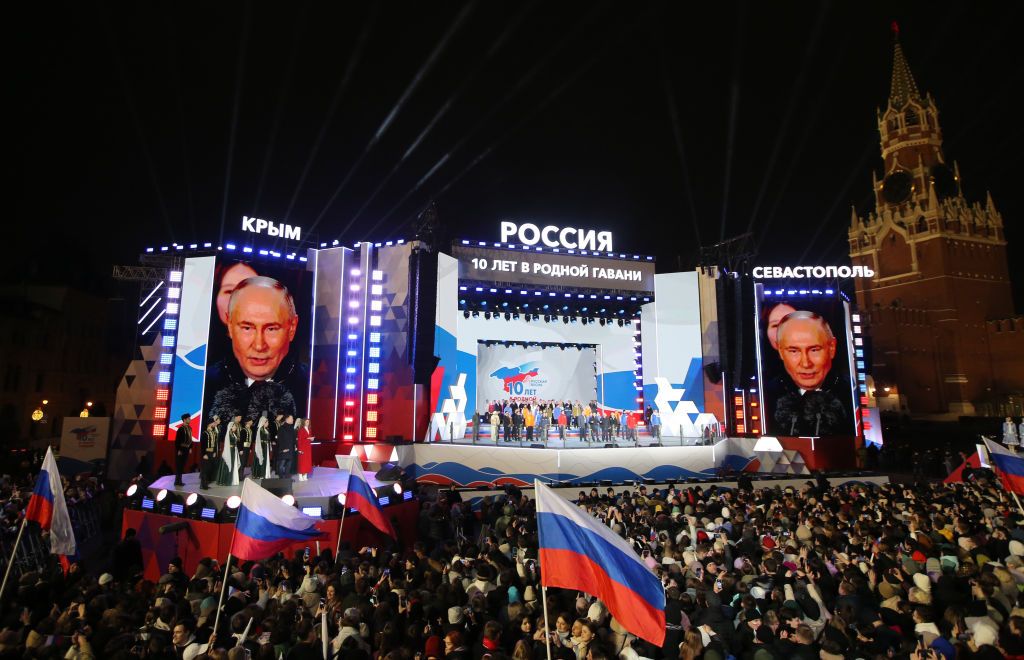
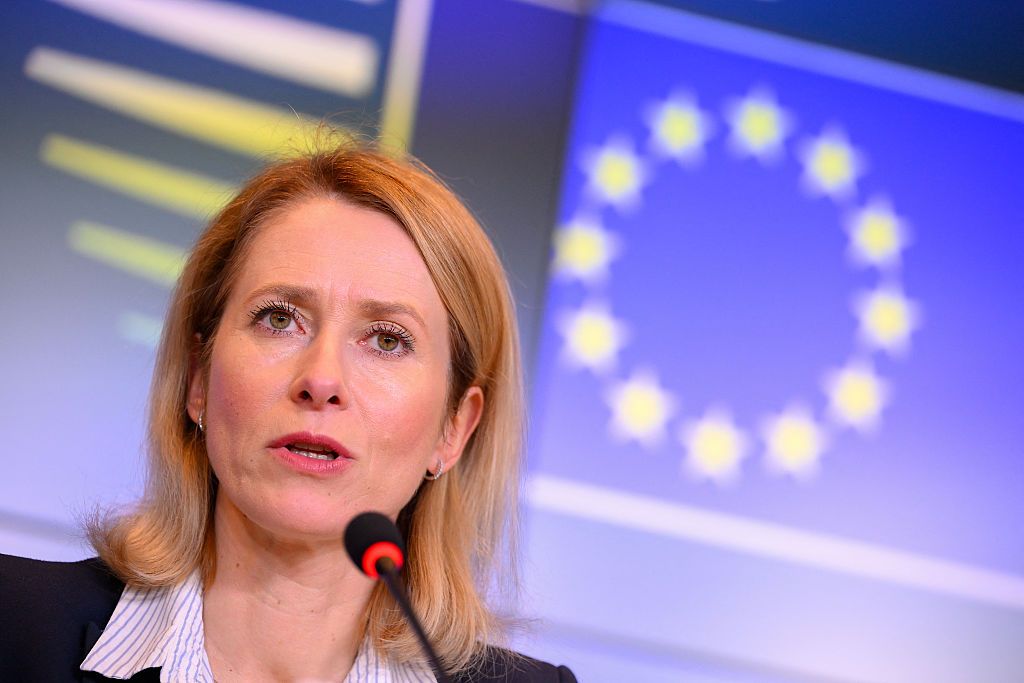
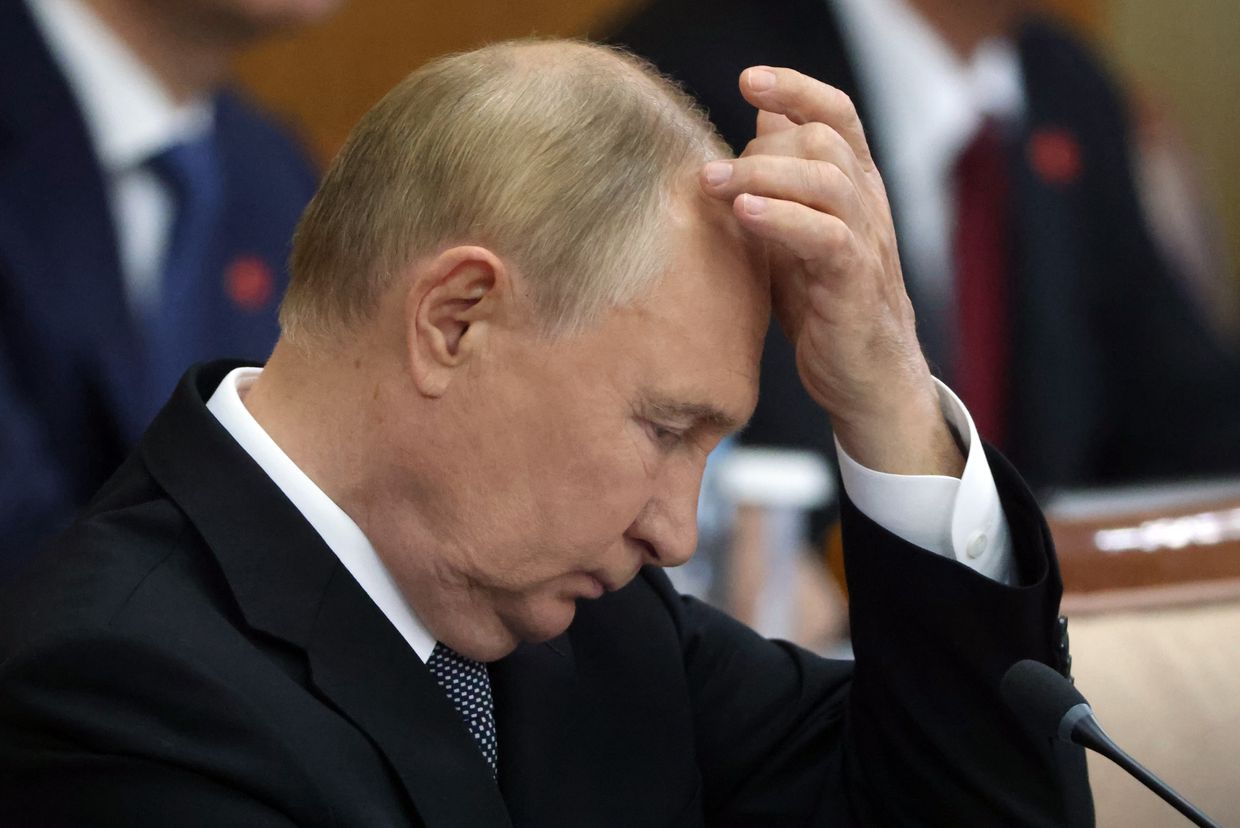





Comments